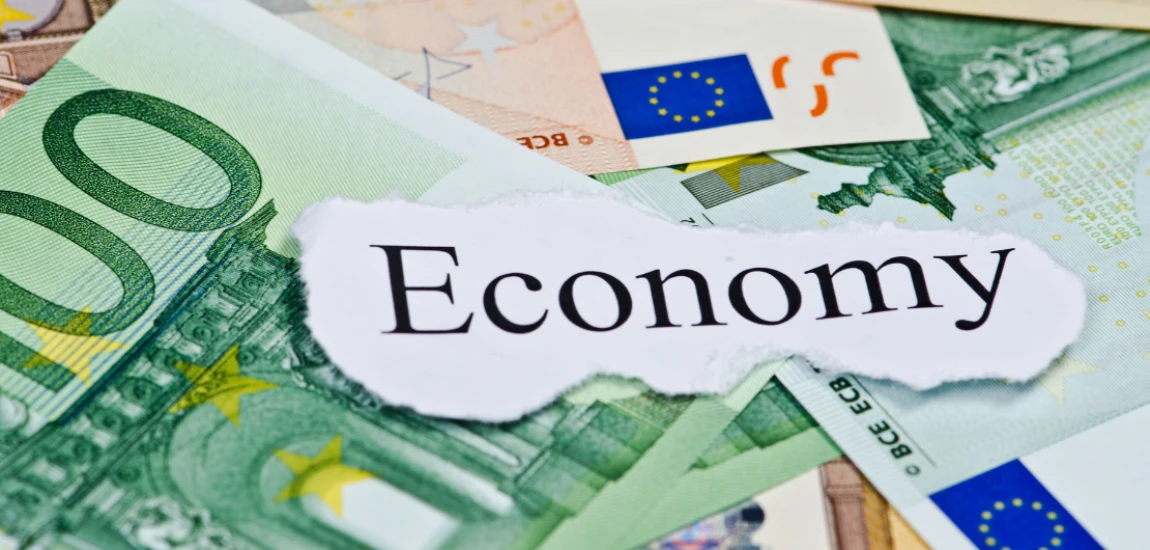Micro-Clout Economies: The Currency of Subtle Flexes

From Viral Fame to Niche Credibility
Once, clout meant virality—millions of followers, trending hashtags, and brand deals that turned creators into celebrities. But as digital audiences fragmented and attention spans shortened, the metrics of influence shifted. Enter Micro-Clout Economies—an ecosystem where credibility, coolness, and cultural capital are distributed in smaller, subtler doses. Instead of mass fame, users now chase micro-validation: a few key likes from the right people, a repost by a micro-influencer, or recognition within a tight digital community.
The Subtle Flex as Social Currency
Micro-clout operates on aesthetic restraint. It’s not about showing off luxury—it’s about showing you know. A niche reference, a well-timed meme, or a minimalist photo can signal cultural literacy and insider status. The subtle flex is not loud; it’s coded. In these digital micro-economies, a post’s value lies in its cultural specificity—its ability to be recognized by those “in the know.”
Why Smaller Feels More Authentic
Audiences have grown skeptical of traditional influencers and performative branding. The micro-clout ecosystem thrives on intimacy, not scale. People now seek credibility from creators who feel authentic, grounded, and self-aware. Whether it’s a local artist’s zine drop or a small Twitter circle of thinkers, these pockets of influence represent a cultural shift—from the pursuit of visibility to the pursuit of belonging.
The Architecture of Attention: How Micro-Clout Is Built

Algorithmic Gatekeeping
Every micro-clout transaction starts with the algorithm. Platforms like Instagram, TikTok, and X (formerly Twitter) reward engagement loops that sustain niche communities. The algorithm amplifies users who master tone, timing, and topic selection—those who can blend trend fluency with personal identity. This creates algorithmic micro-economies where recognition circulates among the digitally fluent.
Curated Authenticity and Aesthetic Precision
Micro-clout thrives on “effortless” curation—the ability to look unbothered while being hyper-strategic. The perfectly blurry photo, the half-written caption, or the “accidental” repost are all tools of digital signaling. This is curated authenticity: a performance of casualness that conceals deep intentionality. Within micro-clout economies, effort is invisible; taste is everything.
Mutual Visibility and Reciprocity
Unlike traditional influencer models, micro-clout ecosystems depend on mutual recognition. A like from a niche account can carry more weight than thousands of random views. This creates networks of reciprocal visibility—circles of creators and audiences who co-sign each other’s credibility. The value of your content is determined not just by how many see it, but who does.
The Psychology of Subtle Flexes

Social Validation and Identity Signaling
At the core of micro-clout economies lies a simple truth: people want to be seen. But being seen in the age of information overload requires subtlety. The subtle flex—a designer tote in a messy room, an obscure song lyric in a caption, a screenshot of a private playlist—signals belonging to a specific cultural tribe. These micro-signifiers allow users to broadcast identity while maintaining plausible deniability.
The Coolness of Understatement
In a culture oversaturated with visibility, coolness is redefined by restraint. Oversharing feels gauche; subtlety feels intelligent. Micro-clout creators understand that mystique generates curiosity—and curiosity generates attention. By doing less, they achieve more. This anti-virality aesthetic turns minimalism into a form of digital sophistication.
Emotional Economics: The Validation Loop
Every subtle flex invites recognition, and every recognition reinforces the cycle. Users become emotionally invested in how others perceive their taste, humor, or style. This creates a micro-validation economy, where fleeting likes or comments function as emotional microtransactions. The satisfaction is small but addictive—an endless chase for minor affirmations that collectively define one’s digital identity.
Platforms as Marketplaces of Micro-Clout

Instagram: The Museum of Taste
Instagram remains the primary arena for visual clout. Its grid format rewards visual curation—each post functioning like a product on display. Micro-influencers leverage this by mastering visual consistency: cohesive tones, controlled lighting, and minimalist storytelling. Here, the subtle flex is often visual—a coffee cup with the right book, a vintage film filter, a brand tagged but never advertised.
TikTok: The Theater of Effortless Relatability
TikTok democratized micro-clout by turning relatability into performance. Everyday creators build influence through vulnerability, humor, or niche expertise. The app’s algorithm amplifies content that feels “real,” making subtle flexes (like “casually” dropping a designer item or referencing an exclusive trend) seem spontaneous. It’s a space where authenticity is engineered for engagement.
X (Twitter): The Arena of Intellectual Clout
On X, clout operates linguistically. Wit, timing, and phrasing become status markers. The micro-flex here lies in linguistic efficiency—saying something insightful, funny, or quotable in 280 characters. Users cultivate intellectual or aesthetic authority through tone, not visuals. Each retweet or quote acts as a form of social capital, transferring micro-clout across digital hierarchies.
The Economics of Influence: From Macro to Micro

Niche Over Numbers
In today’s fragmented media landscape, niche audiences have become more valuable than mass ones. Brands increasingly partner with micro-influencers because they command higher trust and engagement within smaller circles. Micro-clout economies capitalize on this by converting cultural capital into economic opportunity—sponsorships, collaborations, or consulting gigs driven by perceived authenticity.
The Monetization of Taste
Taste itself has become a marketable asset. From curated playlists to minimalist home tours, micro-clout creators monetize aesthetics without overt selling. The new influencer economy rewards taste leadership—the ability to shape what others find desirable. This leads to soft monetization, where selling is disguised as sharing and consumption becomes communal rather than commercial.
Status, Scarcity, and Symbolic Value
Micro-clout economies mirror luxury markets in one key way: scarcity drives value. Limited-edition drops, exclusive events, and private digital communities create a sense of cultural exclusivity. Owning—or even knowing about—something rare signals discernment. The result is a feedback loop where social value is determined not by abundance, but by selective visibility.
The Future of Flexing: Ethics, Authenticity, and Algorithmic Survival

The Exhaustion of Perpetual Performance
Micro-clout culture demands continuous calibration—what to share, how to frame it, and when to disappear. This ongoing self-surveillance can lead to burnout and aesthetic fatigue. When every moment becomes potential content, authenticity erodes. The subtle flex turns into subtle stress—a constant need to maintain relevance without appearing to try.
Authenticity in a Monetized World
The future of micro-clout depends on re-centering authenticity as resistance. Users are becoming more aware of algorithmic manipulation and emotional commodification. To sustain real influence, creators will need to embrace transparency and intentionality—sharing not for validation, but for connection. True digital value may soon lie in emotional sincerity rather than aesthetic perfection.
Decoding the Next Wave of Influence
As algorithms evolve, so will the rules of clout. Emerging platforms like BeReal, Geneva, and Substack prioritize intimacy, context, and depth over performance. These spaces signal the next phase of micro-clout: slow influence—connection built on trust, shared meaning, and long-term engagement. The new flex may not be subtle visibility but sustained authenticity.




